For people doing mentally demanding work under pressure, the arctic herb Rhodiola Rosea is a great alternative to coffee. It is a potent mental fatigue fighter and provides an immediate energy boost said to usually last 4 hours.
Table of Contents:
- Quick overview of Rhodiola Rosea
- What is Rhodiola Rosea?
- Studies on energy, stress and fatigue
- Studies on athletics and physical work capacity:
- Studies on focus and concentration
- Studies on memory and learning
- How to take Rhodiola Rosea
- What stacks well with Rhodiola Rosea?
1. Quick Overview of Rhodiola Rosea
- Benefits:Gives a 5 hour energy boost without a crash like caffeine and is a great mental endurance enhancer for working long nights.
- Actions: Inhibits the MAO enzymes thus allowing Dopamine (motivation), Serotonin (pleasure) and Acetylcholine (learning) neurotransmitter levels to increase.
- Who is it good for? People doing mentally demanding and stressful/tiring work.
- Quality of studies: 400+ studies published on Pubmed in the last 10 years.
- Time to effect: Typically immediate.
- Stacks with: L-Theanine for its relaxing properties, ultimately providing a productive feeling of "calm focus".
- Don't stack with: Caffeine or other stimulants to avoid over-stimulation.
- Recommended dose: 200-400mg per day
- Cycling: Once per month, take 1 week off using Rhodiola Rosea to avoid building a tolerance.
2. What is Rhodiola Rosea?
The Rhodiola Rosea plant is found at high altitudes in the arctic, and its harsh climate has caused it to produce powerful protective compounds beneficial to humans.
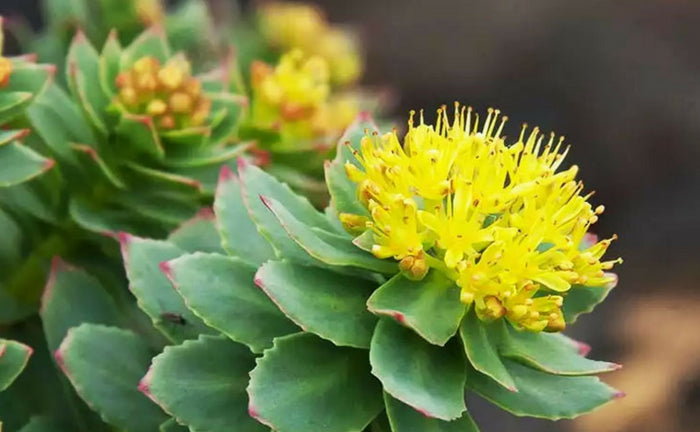
Rhodiola Rosea works by increasing levels of the neurotransmitters Dopamine (motivation), Serotonin (pleasure) and Acetylcholine (learning). It does this by inhibiting/blocking the MAO enzymes which usually break down these neurotransmitters.
If you have to work under pressure, Rhodiola Rosea is a great alternative to coffee because it does not cause you "borrow energy from the future".
Instead of an energy boost followed by a crash, stimulating adapatogens like Rhodiola Rosea give you an immediate energy boost and continue to give you above-average work capacity afterwards.
3. Studies on Energy, Stress and Fatigue
1. 161 military cadets saw a "pronounced anti-fatigue effect" and increased capacity for mentally demanding work under stress using Rhodiola Rosea in a placebo controlled study. (Ministry of Health, Russia - 1)
2. A double-blind study found Rhodiola Rosea to show significant improvements to "mental fatigue, involving complex perceptive and cognitive cerebral functions, such as associative thinking, short-term memory, calculation and ability of concentration, and speed of audio-visual perception." (Armenian State Medical University - 2)
3. “Rhodiola extract at a dose of 200 mg twice daily for 4 weeks is safe and effective in improving life-stress symptoms to a clinically relevant degree.” (White House Surgery - 3)
4. "Significant improvement in [Generalized Anxiety Disorder] symptoms was found with Rhodiola [340mg per day], with a reduction in [Hamilton Anxiety Rating Scale] scores similar to that found in clinical trials." (University of California - 4)
5. "Rh. Rosea improved performance during learning session, short and long memory retrieval tests" (Medical University Plovdiv - 5)
6. A study of 27 healthy students, physicians and scientists aged 19-46 were given 100-150mg/day of Rhodiola Rosea several days before intense intellectual work. The extract improved the quality of work and in all cases prevented asthenic decompensation (loss of work capacity due to fatigue). (Krasik ED et al. Proceedings of All-Russia Conference: Urgent Problems in Psychopharmacology)
7. A series of proofreading tests found Rhodiola Rosea to significantly reduce the number of errors made, particularly during long 8 hour tests. (Saratikov AS, Stimulants of the Central Nervous System. Vol. 1)
8. 56 young physicians on prolonged night call shifts were given 170mg/day and saw statistically significant improvements in mental fatigue, complex cognitive functions, associative thinking, short-term memory, calculation, concentration and speed of audio-visual perception. (Darbinyan V, Phytomedicine)
9. 60 Indian medical students given 100mg/day during final exams significantly improved in general well-being, physical fitness, mental fatigue and final exam grades. (Volvograd Medical Academy - 6)
10. 60 students at a Russian high school were given 660mg/day and were seen to improve in mental fatigue and situational anxiety. (Volgograd State Medical Academy - 7)
4. Studies on Athletics and Physical Work Capacity:
1. Rhodiola Rosea has been seen in a number of studies on Olympic athletes to improve physical work capacity and shorten recovery times between rounds of high intensity exercise. (Tomsk State University, "Rhodiola rosea is a valuable medicinal plant", p. 69-90)
2. 42 high level competitive skiers took Rhodiola Rosea 30-60 minutes before 30km training races and improved in recovery time, strength, endurance, cardiovascular measures and coordination. Biathlon skiers also saw statistically significant improvements in shooting accuracy and coordination. (same book as above)
5. Studies on Focus and Concentration
1. Rhodiola Rosea was seen to increase concentration scores during a 6 week placebo-controlled study. (Armenian State Medical University - 2)
2. Rhodiola Rosea improved students' mental performance, motivation to study and mood stability. (University of Alberta - 8)
6. Studies on Memory and Learning
1. An animal study found rats to improve in memory related tasks after taking Rhodiola Rosea for 9 days. (Medical University Plovdiv - 5)
2. Rhodiola Rosea abolished the memory-impairing effects of an amnesia-inducing agent called scopolamine.
7. How to take Rhodiola Rosea
1. Recommended Dose:
200-500mg per day for stress and fatigue. Note that too much can over stimulate you.
2. Too much Rhodiola Rosea Makes You Sleepy:
Small to medium doses have a stimulating effect, but high doses are said to have more sedative effects.
3. Cycling:
Once per month, take 1 week off using Rhodiola Rosea to avoid building a tolerance.
4. Don't Overstimulate:
Rhodiola Rosea is a stimulant, so try to drink too much coffee or take another stimulant. Many people find that Rhodiola Rosea is actually great coffee replacement.
8. What Stacks Well with Rhodiola Rosea?
1. L-Theanine
This amino acid found in green tea helps to keep you in the "focus zone" and not overstimulate. It works by encouraging the release of alpha brain waves, which helps to relax the mind.
Combining L-Theanine with stimulants such as Rhodiola Rosea or Caffeine is a great way to negate the downsides of stimulants (e.g. irritability) while taking advantage of their energising effects.
References:
- Ministry of Health, Russia - https://www.ncbi.nlm.nih.gov/pubmed/12725561
- Armenian State Medical University - https://www.ncbi.nlm.nih.gov/pubmed/11081987
- White House Surgery - https://www.ncbi.nlm.nih.gov/pubmed/22228617
- University of California - https://www.ncbi.nlm.nih.gov/pubmed/18307390
- Medical University Plovdiv - https://link.springer.com/article/10.2478%2Fs11536-012-0124-7
- Volvograd Medical Academy - https://www.ncbi.nlm.nih.gov/pubmed/10839209
- Volgograd State Medical Academy - https://www.ncbi.nlm.nih.gov/pubmed/10763116
- University of Alberta - https://www.ncbi.nlm.nih.gov/pubmed/25268730

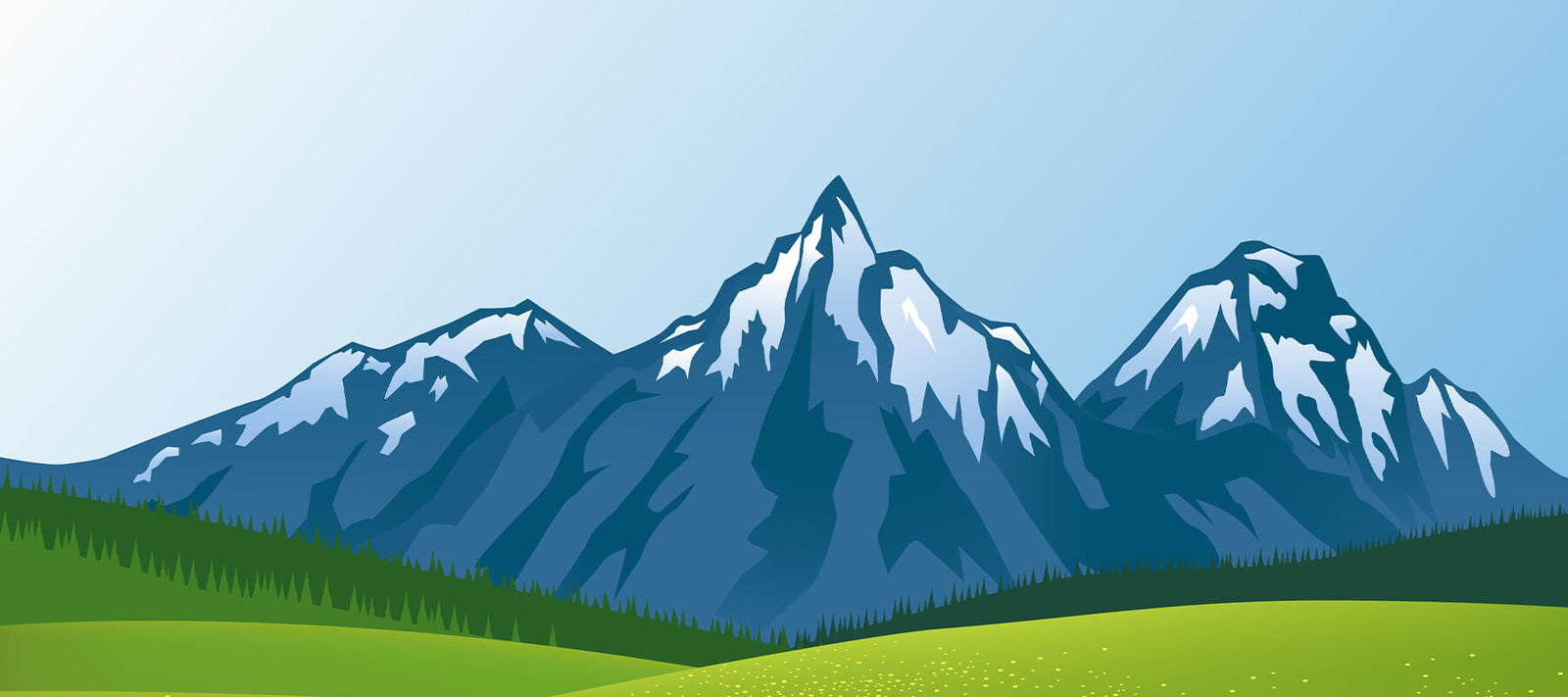
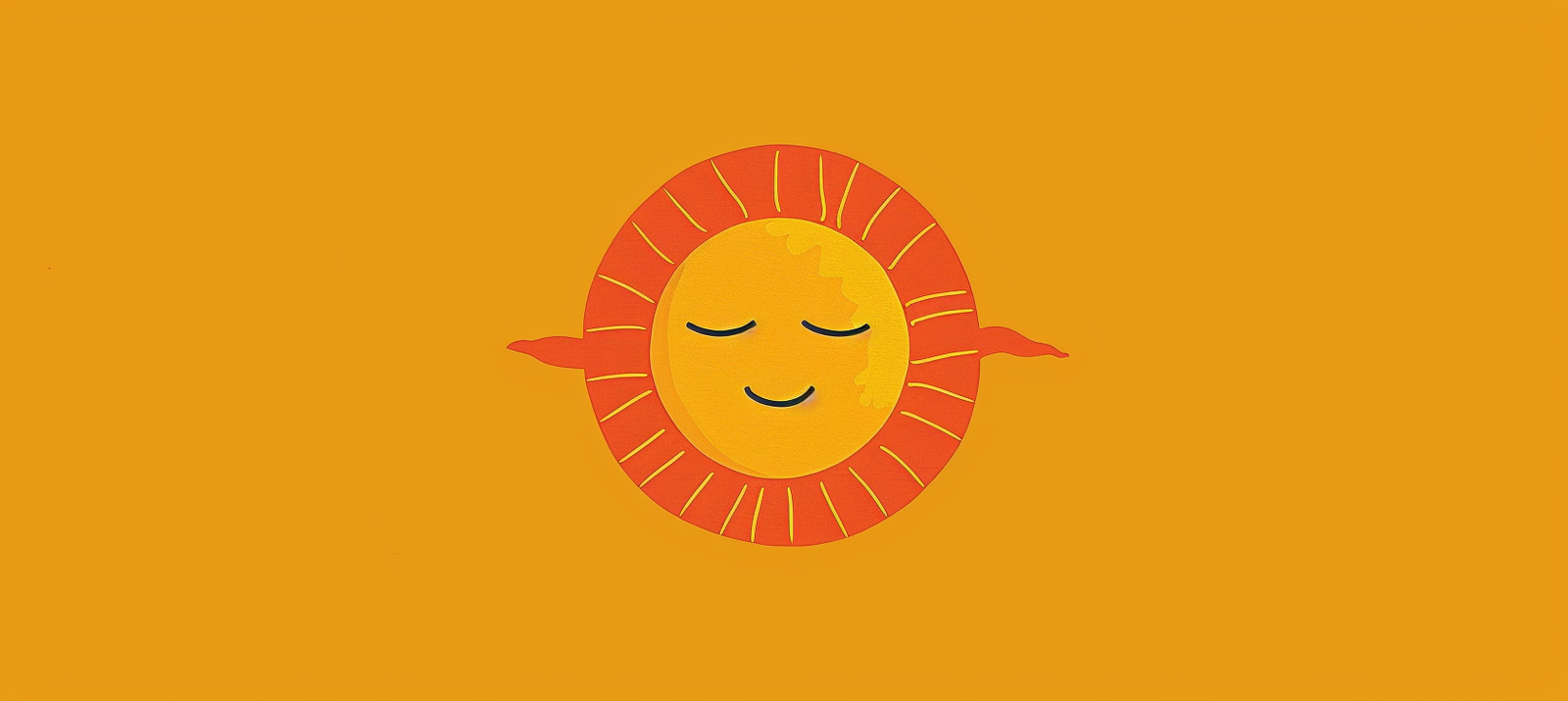
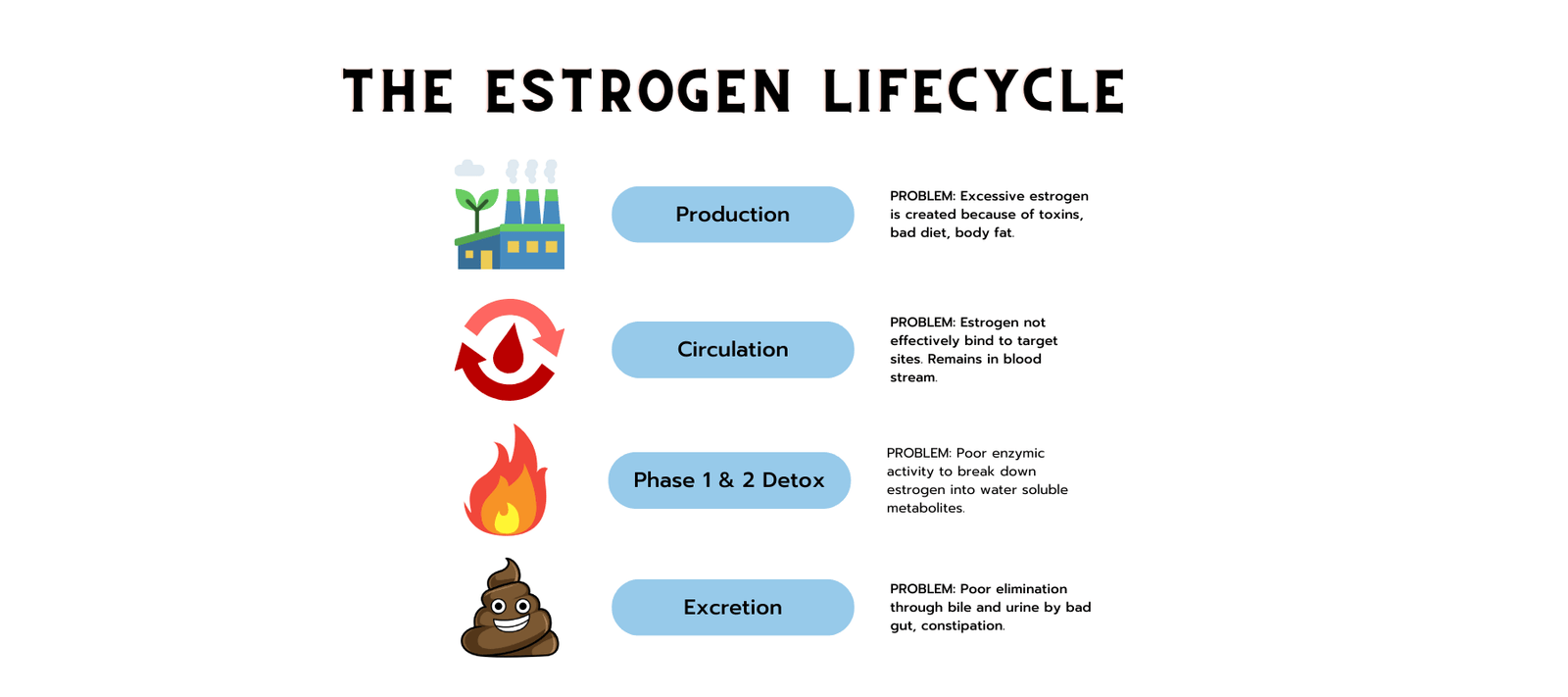
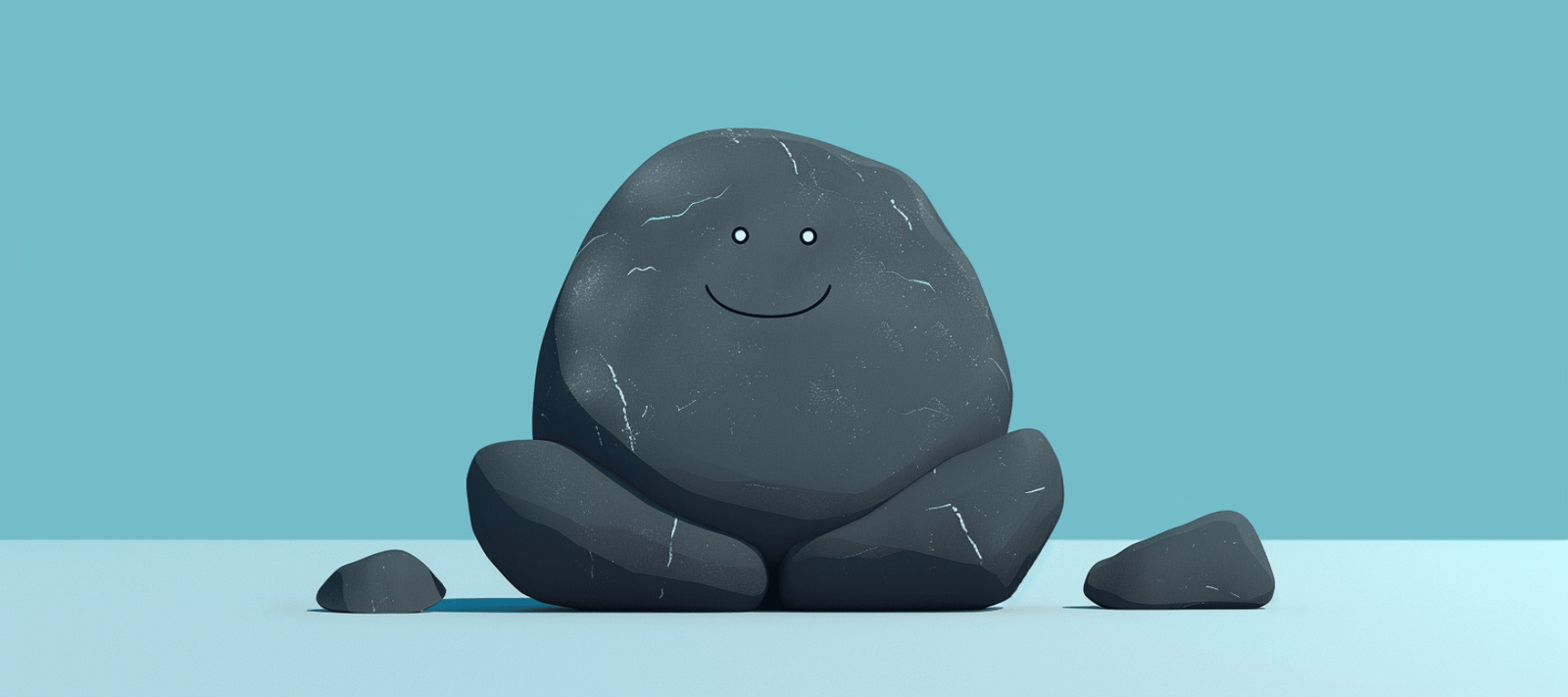

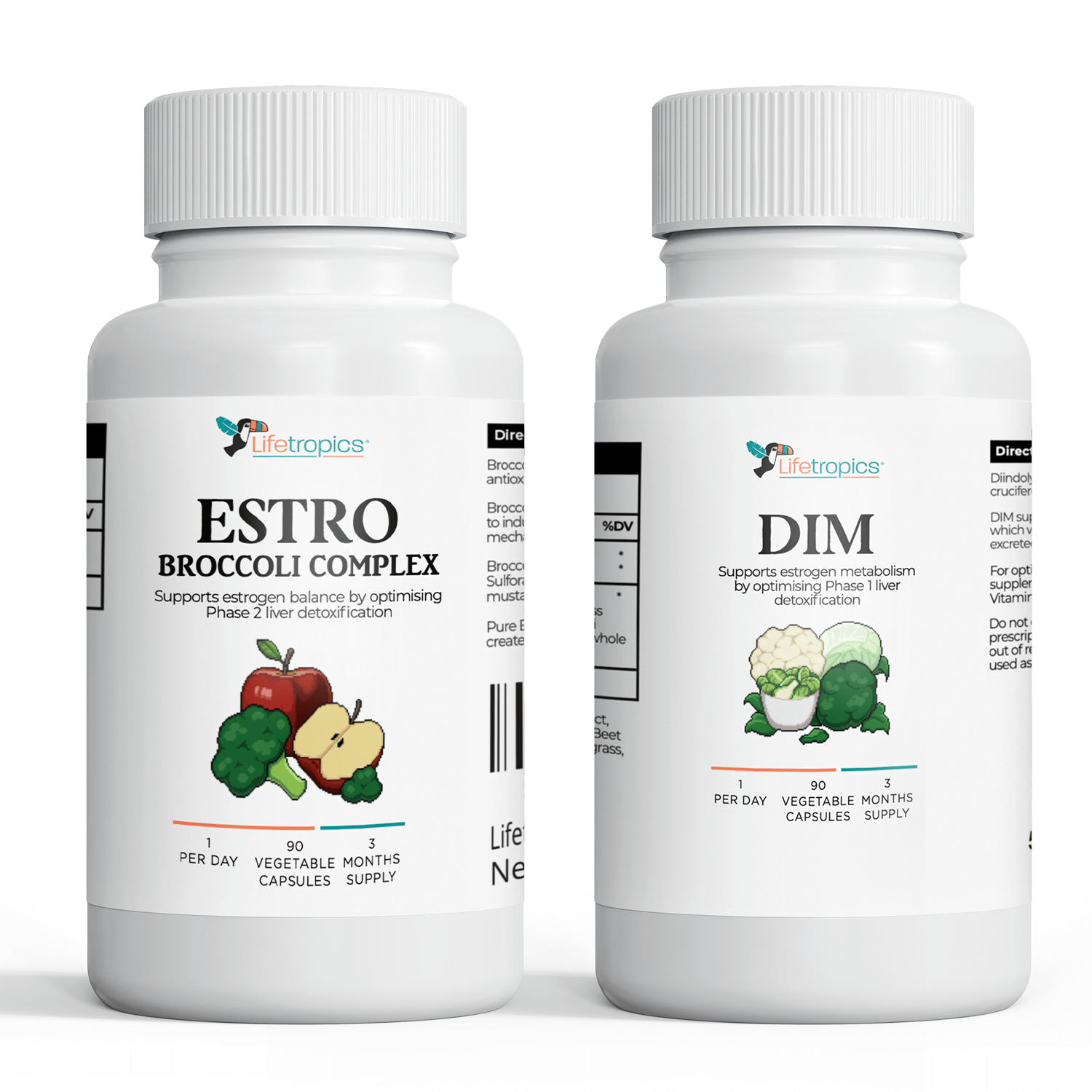


Leave a comment (all fields required)